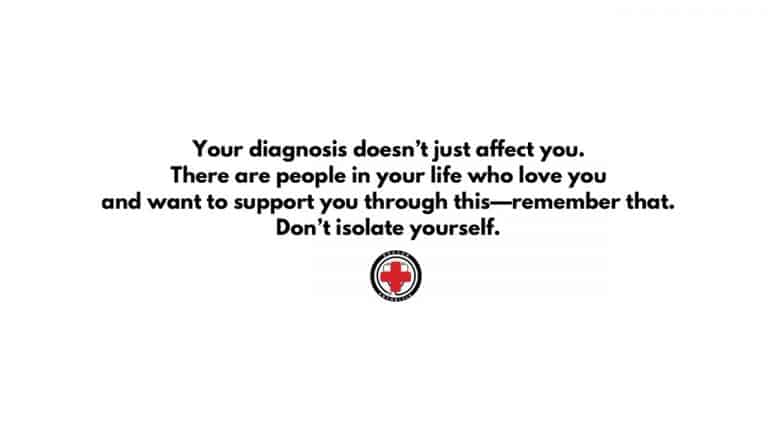With over 1 million orders

ADVICE FROM DR. ARTHRITIS: HOW TO BEST EXPLAIN RHEUMATOID ARTHRITIS TO YOUR CHILDREN
Once you’ve been diagnosed with rheumatoid arthritis (RA), it will inevitably become part of your life—and your kids will notice. Maybe you won’t be able to play with them as often as you did before–or at all. These changes may incite fear and uncertainty. It’s likely to prompt a lot of stress and confusion.
RA is hard enough to understand as it is—explaining it to your children, given the overwhelming emotions, can be even harder. How do you even begin to broach a topic as tricky as your diagnosis? What does it mean for you and for them? What is the best way to go about it?
In our years dealing with patients and the condition ourselves, we thought mapping out a basic guide on how to best go about this would be helpful.
1. Don’t make a big deal out of it
To be clear, RA is a very big deal. But if you play it out that way when you break the news and explain it to your family, it’s going to be twice as overwhelming for both you and your loved ones.
Try not to make too much out of it and raise it casually instead of gathering everyone for a family meeting. Choose a moment where everyone is calm and relaxed—for instance, during a drive, or over dinner.
2. Listen to their questions
After you’ve said your piece, focus on what your children have to say. They will likely be curious, confused, and worried. Answer their questions as best as you can and be prepared. Read up about your condition and learn what you can from your doctor so you can answer as comprehensively as possible.
3. Consider the age of your kids and approach your answers accordingly
Your children will be by your side as you go through flares, undergo treatment, and when you achieve remission. You want to be able to offer reassurance and gain their support by getting a conversation started.
For young children of pre-school age
They will first notice your resistance or inability to do things that you used to do with them, such as playing. Once they do, sit them down and tell them about your RA in simple words that they will be able to relate to.
No need to use medical or technical terms. Young children have very limited vocabularies and may need a combination of both visual and verbal explanation. For example, you can try pointing to your knee or elbow and saying “I have a boo-boo here and we can’t play right now.”
For kids in elementary school
It’s common for kids this age to blame themselves for what’s making you sick. Reassurance is key here—so be sure to let them know that you have RA, but explicitly say that it wasn’t because of anything they did.
Provide alternatives to activities that you once did together. For example, if you and your kids used to play football together, tell them that while you can’t play ball right now, you’d be happy to catch the latest game on TV together.
For teens
Start the conversation by simply asking them what they know about RA. From there, address what they know and reassure them that the condition is not fatal.
Tell them that despite your new limitations, it won’t change your relationship with them. Let them know that you will need to rely on them more, especially when it comes to chores.
Remember, your goal here is to address any confusion, fear or stress that usually comes after diagnosis. As much as you’d like to think that your RA diagnosis will affect only you, keep in mind that there are people around you who love and depend on you. Let your kids in and don’t isolate yourself. They can provide a lot of support and motivation as you learn to manage your condition.
